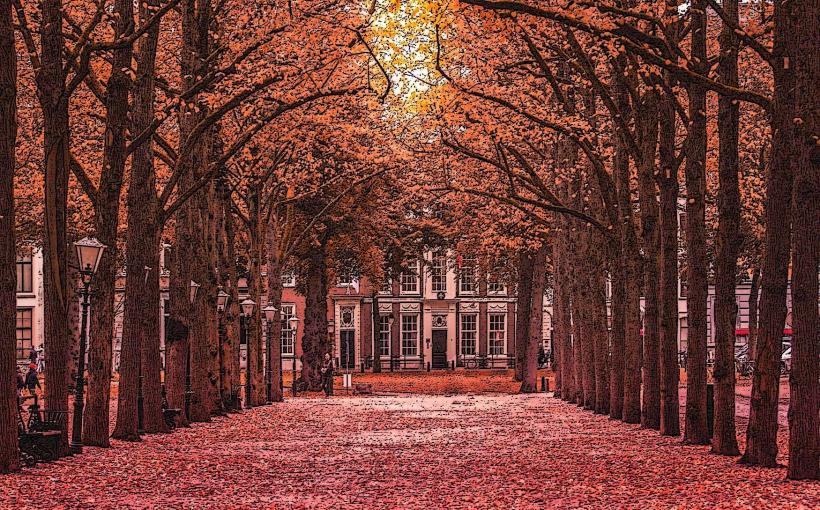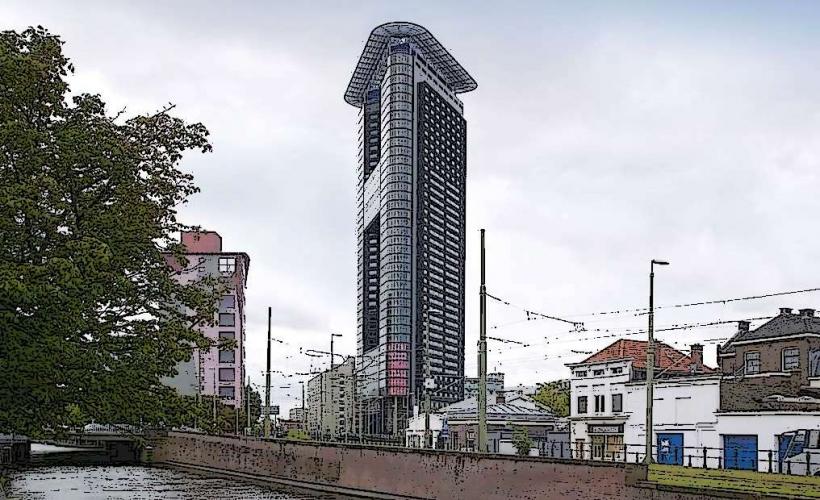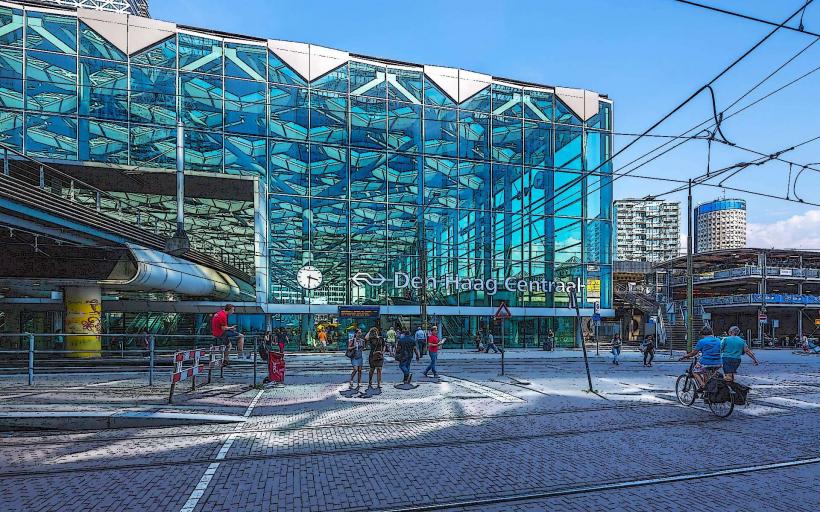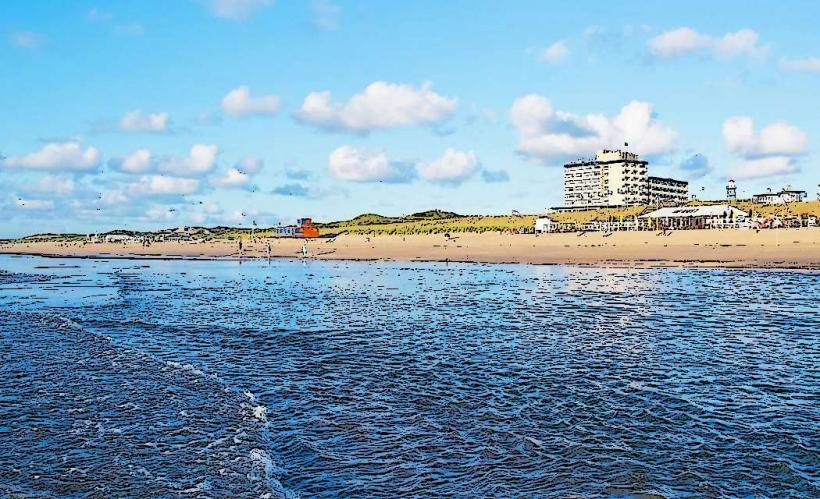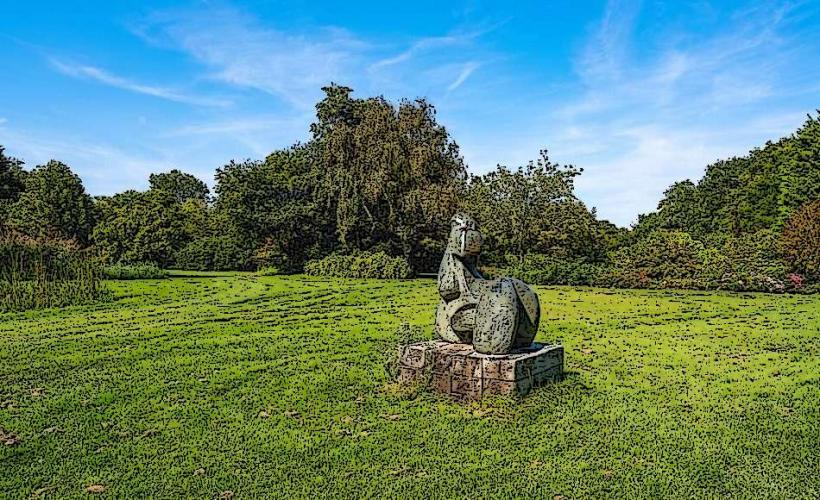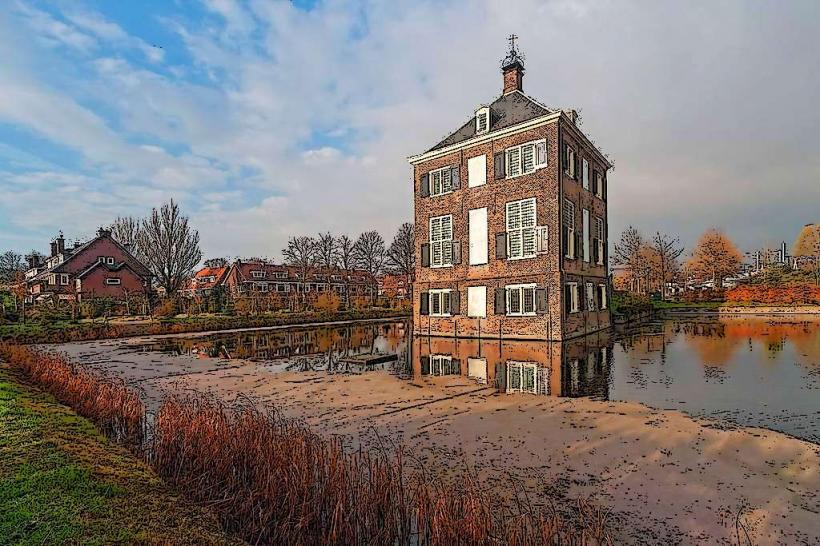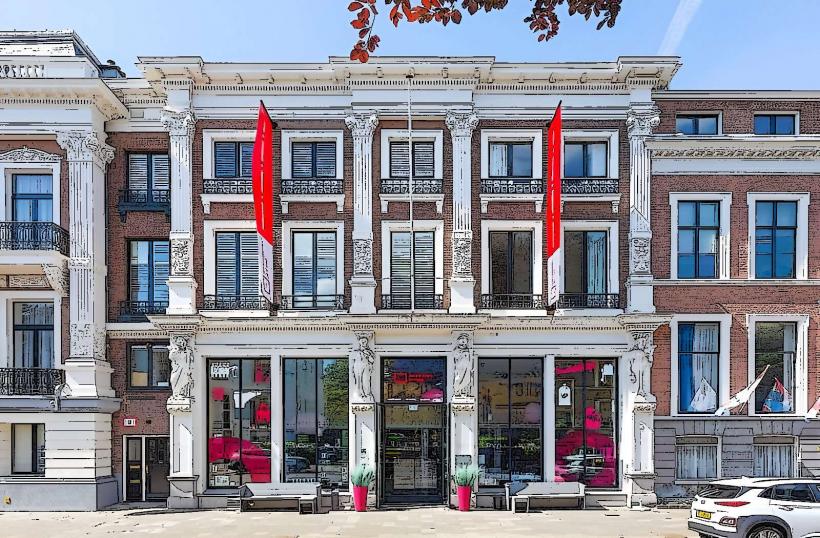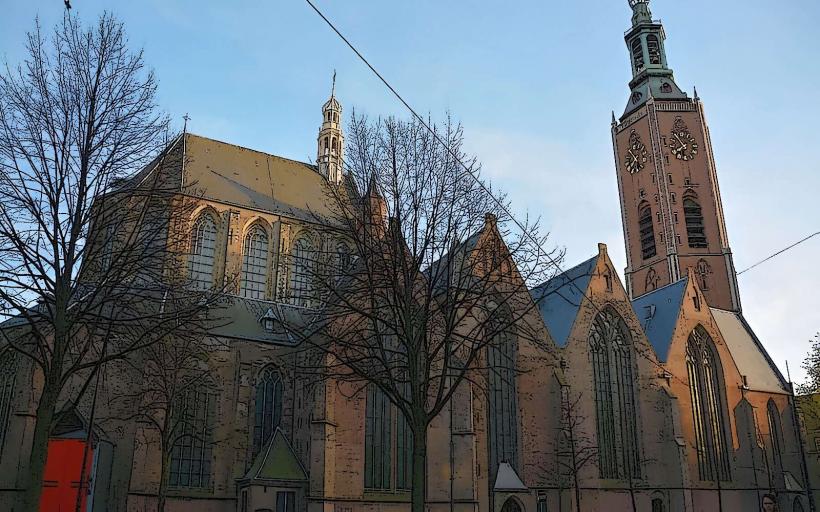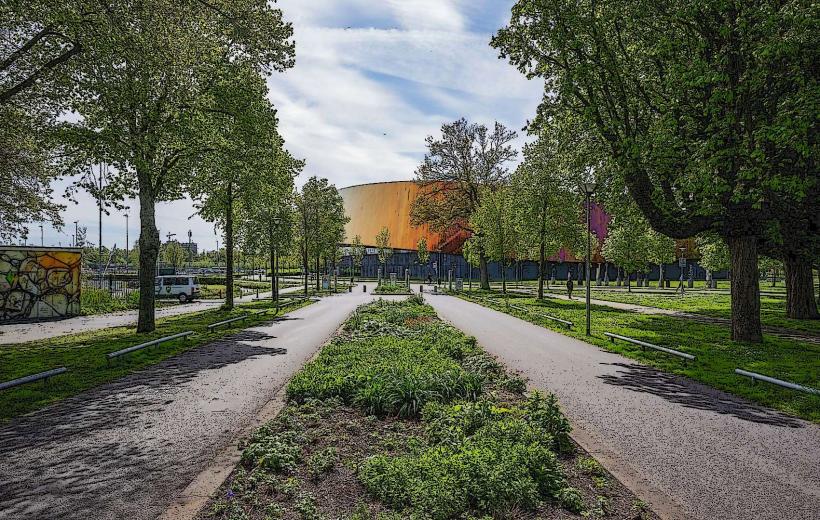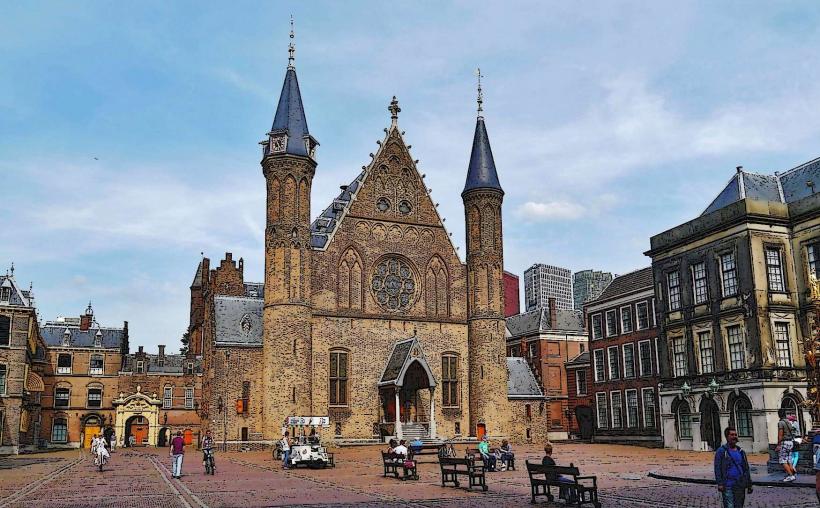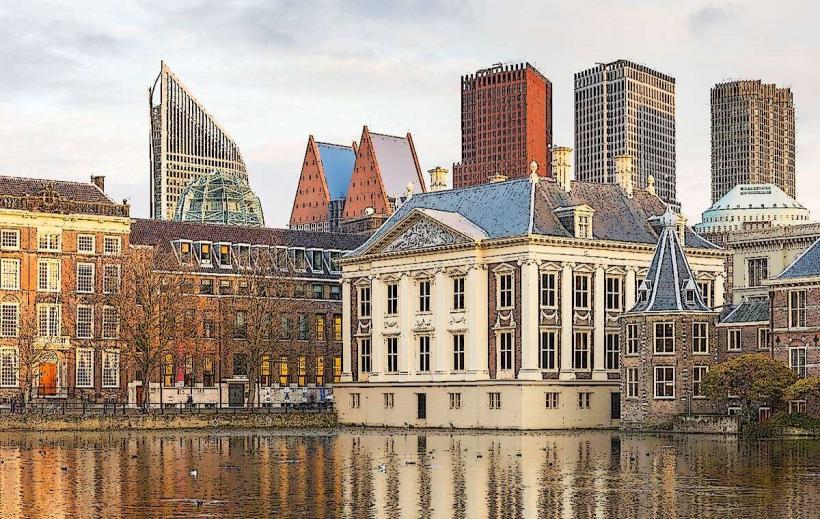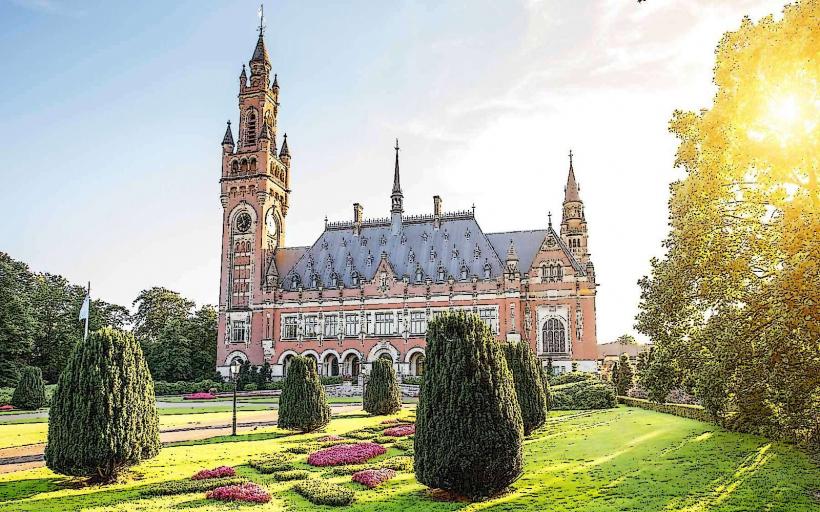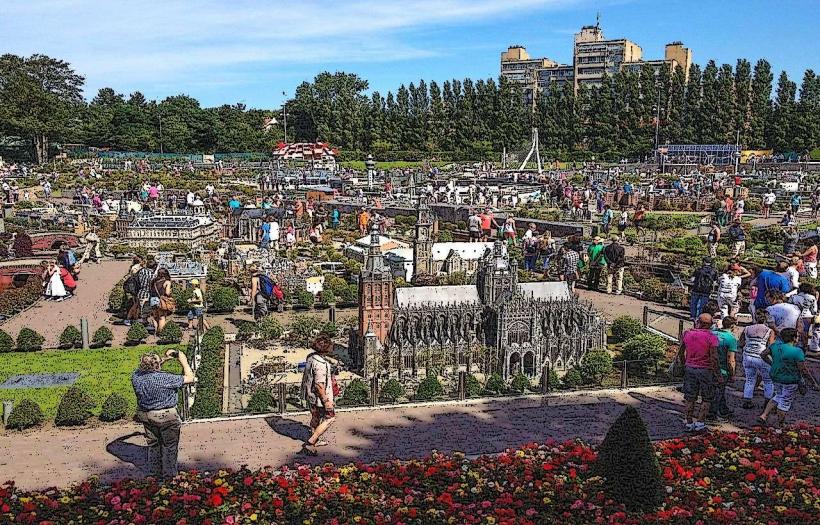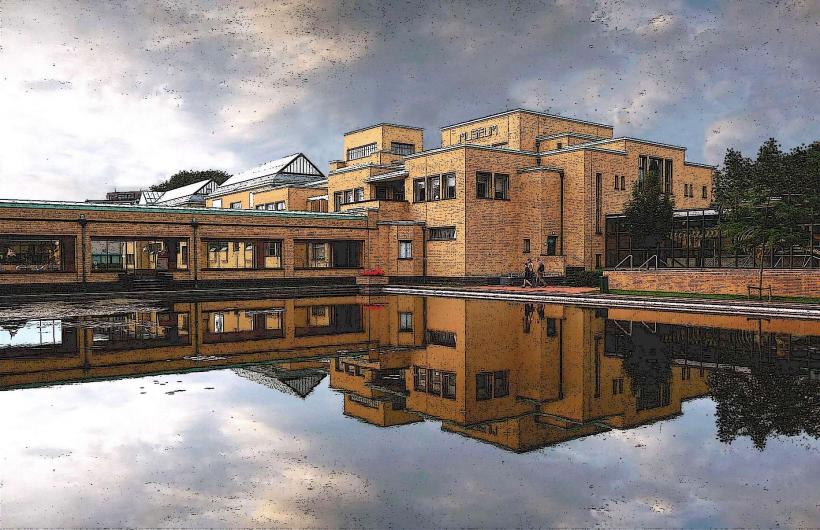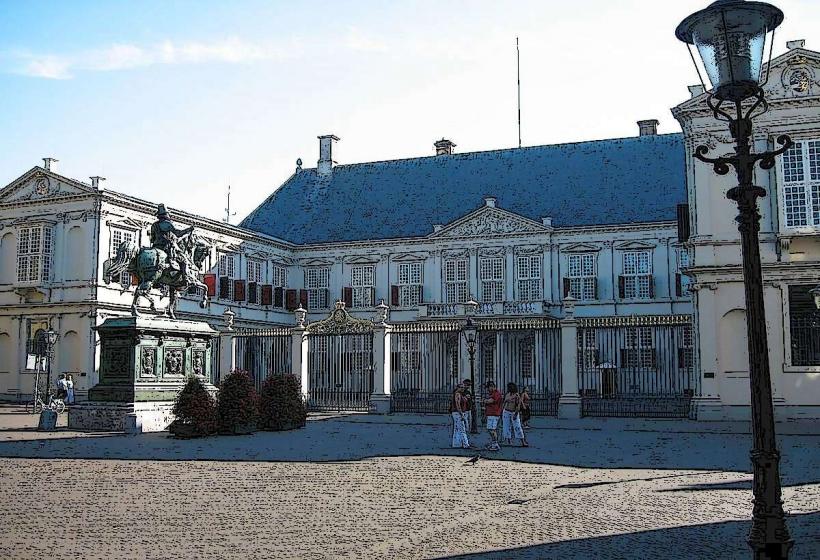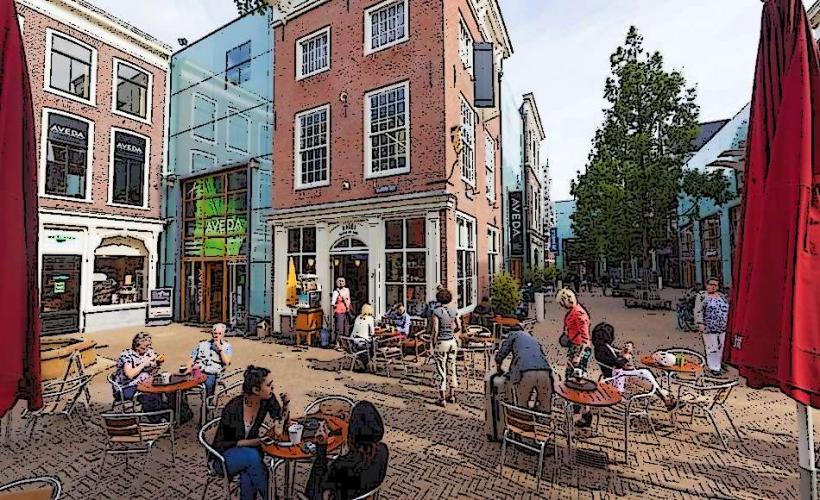Information
Landmark: Royal Conservatory of The HagueCity: The Hague
Country: Netherlands
Continent: Europe
Royal Conservatory of The Hague, The Hague, Netherlands, Europe
The Royal Conservatory of The Hague is a specialized higher education institution for music and dance located within the Amare cultural complex at Spuiplein. It provides professional training in classical music, jazz, early music, and vocal studies, serving as one of the oldest conservatories in the Netherlands.
Visual Characteristics
The institution is housed within a modern, multi-story concrete and glass structure characterized by a facade of rhythmic vertical white columns resembling organ pipes or piano keys. The interior features specialized acoustic paneling, timber-lined concert halls, and large glass windows that provide views of the city center. The building utilizes a "box-in-box" construction method to ensure total sound insulation between performance spaces.
Location & Access Logistics
The conservatory is situated at Spuiplein 150, approximately 0.5km west of Den Haag Centraal station. Access is via the station’s side exit toward Turfmarkt or via Tram lines 2, 3, 4, and 6 (stop Spui). Underground parking for vehicles and bicycles is available directly beneath the Spuiplein at the Q-Park Stadhuis or Q-Park Spui.
Historical & Ecological Origin
Founded in 1826 by King Willem I, the conservatory moved to its current location in the Amare building in 2021. The Amare complex was designed by NOAHH (Network Oriented Architecture) and JCAU to replace the former Lucent Danstheater and Dr. Anton Philipszaal. The facility was engineered to meet BREEAM "Excellent" sustainability standards, incorporating solar panels and a climate-neutral energy system.
Key Highlights & Activities
Public attendance at student lunchtime concerts and graduation recitals is a primary activity. The building houses the Concertzaal, the Conservatoriumzaal, and several specialized rehearsal studios. It also serves as the home for the Dutch National Ballet Academy’s training programs and the Residentie Orkest.
Infrastructure & Amenities
The facility includes specialized acoustic practice rooms, a music library, and instrument storage lockers. Public restrooms and elevators are available on all levels. 5G signal is consistent throughout the building, and free Wi-Fi is provided for students and visitors. A public brasserie and canteen are located on the ground and third floors.
Best Time to Visit
Performance schedules are heaviest during the academic year from September to June. Lunchtime concerts typically occur at 12:30 PM on designated weekdays. For architectural viewing, the evening hours provide a clear view of the illuminated interior through the transparent glass facade.
Facts & Legends
The conservatory holds a unique historical status as the first institution in the world to offer a dedicated department for Early Music, focused on historically informed performance. A verified logistical oddity of the new building is the use of more than 500 individual "spring" isolators beneath the floors to prevent vibrations from the nearby tram lines from entering the concert halls.
Nearby Landmarks
Binnenhof (0.4km North)
Mauritshuis (0.5km Northeast)
The Hague City Hall (Stadhuis) (0.1km East)
Nieuwe Kerk (0.2km South)
Noordeinde Palace (0.8km Northwest)

